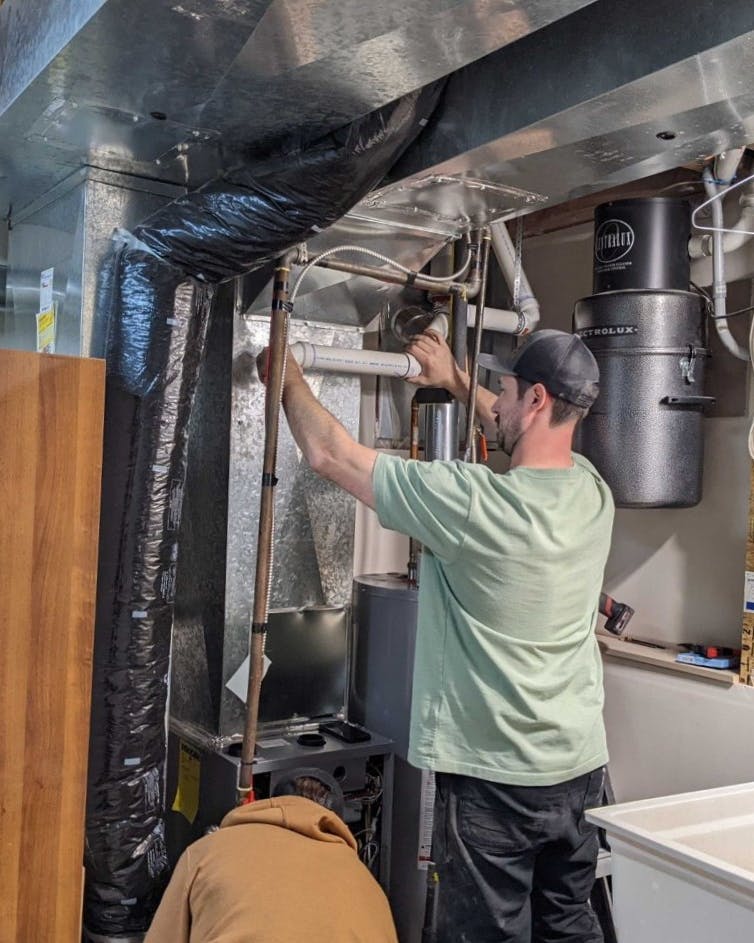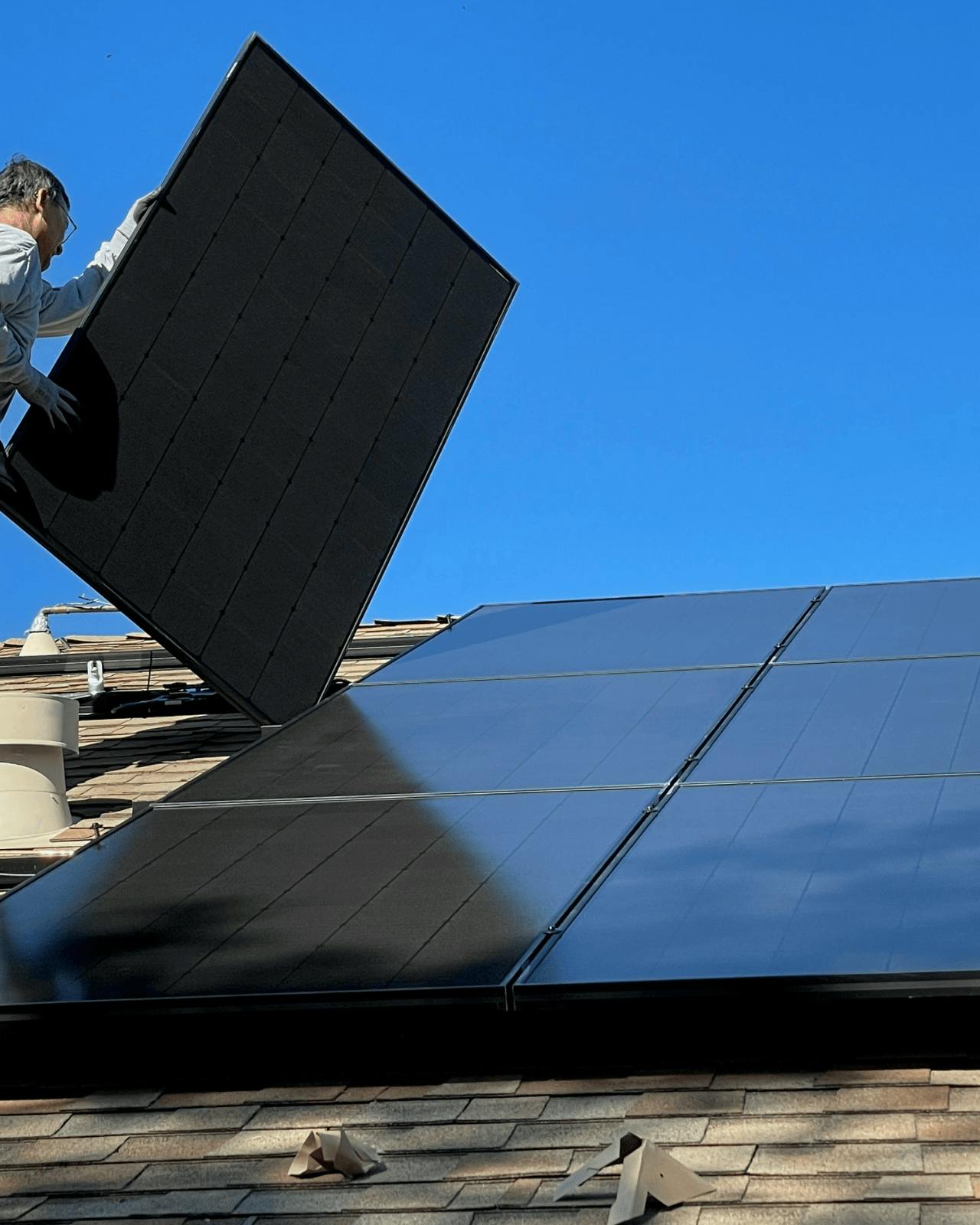Envisioning a circular economy through our grant projects

This Circular Economy Month, we want to showcase the diversity of projects that make the circular economy a forefront of their work.
As one of our Focus Areas, Alberta Ecotrust Foundation supports initiatives that promote and uplift a circular economy, a resilient system underpinned by a transition to renewable energy and materials, which is based on three principles:
- Eliminate waste and pollution,
- Circulate products and materials (at their highest value), and
- Regenerate nature.
Since 2022, our Environmental Impact and Springboard Grants have welcomed applications driving towards a circular economy in Alberta.
Dow Canada’s support has expanded this work immensely, and the following projects present the success that circular economy-driven work can have while providing great insights into the development of our grant programs.
Goodwill’s Mend for Good Training
During the 2023 Springboard Grant intake, the Goodwill@Work team sought to build organizational and community capacity through their “Mend for Good” (now “RePurpose by GW”) program.
This program aimed to train people with disabilities to repurpose unsold denim into reusable bags, thereby upcycling items and diverting them from landfills. The team hired an expert consultant in fashion upcycling, who helped establish a foundation for the program by building participants' sewing and design skills in an adaptable and enjoyable way.
The program has since expanded, with sales supporting meaningful employment opportunities, community outreach and a goal of zero waste and 100% diversion from landfills.
Climate Caucus’s circular economy tools and pilot for local governments in small communities
For their 2023 Environmental Impact Grant application, Climate Caucus, alongside a variety of collaborators, aimed to create a toolkit of Circular Economy initiatives for local governments. The team compiled a wealth of information, from best practices to case studies, sample bylaws, and more, that could help address known barriers, such as councils' lack of support.
Along with this key resource, the team ran a pilot in the Town of Rocky Mountain House to test the toolkit's value, which raised beneficial learnings. Included were potential future initiatives, understanding expected pushback and other barriers, and management strategies.
This work has since continued. The toolkit works as a living document and as a tool for policy advocacy. It also helps local leaders, elected officials, and municipal staff build momentum, advocate for, and implement circular economy initiatives effectively.
Future circular economy-driven grant initiatives
The above are only a couple of examples of the many ways in which groups in Alberta are aiming to promote and implement a circular economy. Though waste management and reduction are valuable goals, Alberta Ecotrust would like to encourage applications from those considering the three principles of the Circular Economy described above.
With the upcoming 2026 intake of our grant programs, we want to welcome all interested applicants to reach out to our Program Specialists, review our grant program guidelines which include examples and challenge statement descriptions, and visit external resources such as Dow’s blog.
Related posts
Explore our most recent posts.



